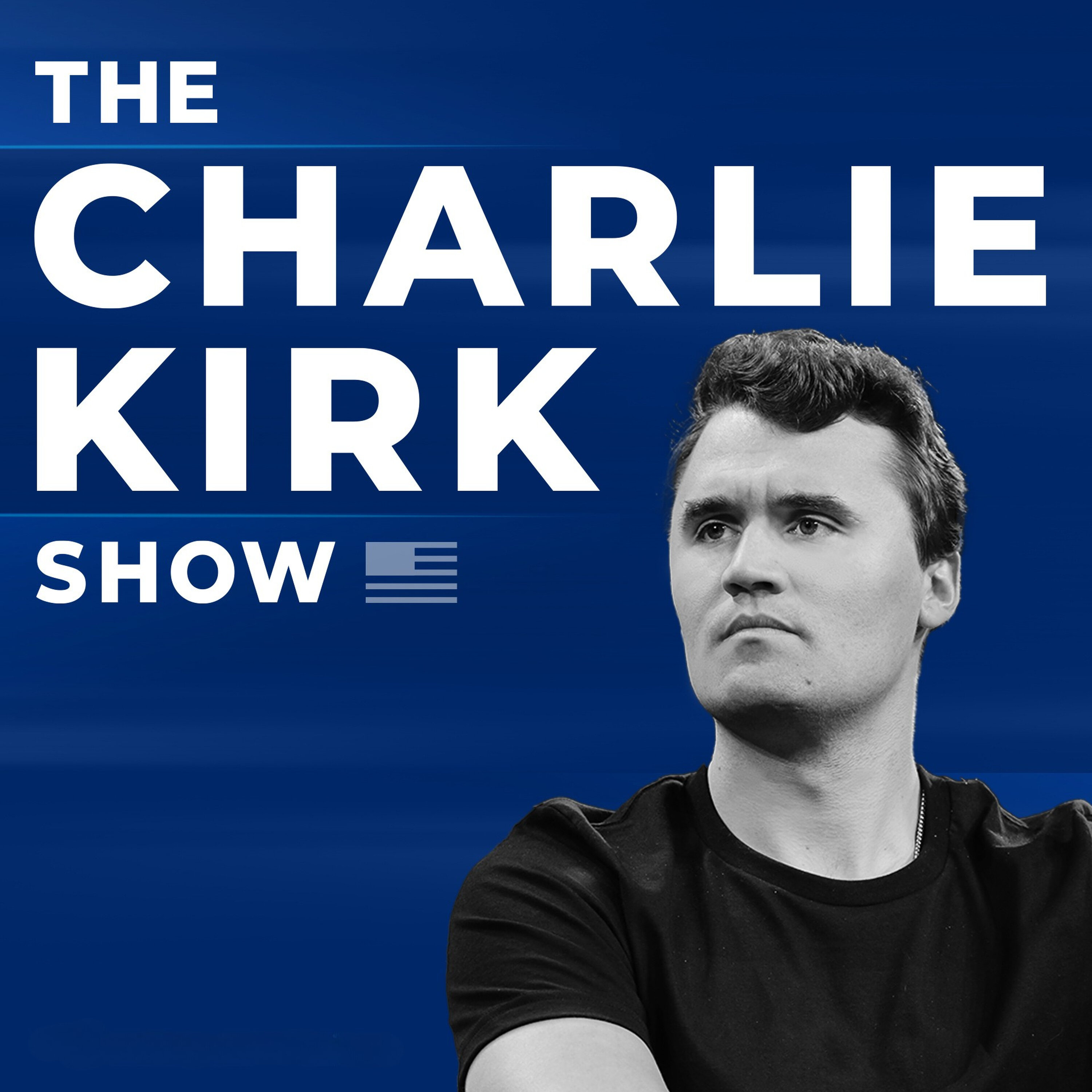
Charlie Kirk and Chris Cuomo Have a Conversation on The PBD Podcast

The Charlie Kirk Show
Key Insights
Why did the 2024 election results come as a surprise to many?
The 2024 election saw a significant shift in young voter demographics, with Trump gaining a 14-point lead among men under 30 and a 30-point shift among women under 30, reversing Biden's 2020 lead. Economic issues dominated young voters' concerns, and Trump's campaign effectively reached them through college events and TikTok, leading to a landslide victory.
What role did social media play in Trump's 2024 victory?
Social media, particularly TikTok, played a crucial role in Trump's 2024 victory by reaching a diverse and working-class audience that traditional media failed to engage. TikTok provided a platform for open dialogues and viral content that influenced young voters and working-class individuals, contributing to Trump's significant gains among these demographics.
How did the Trump campaign manage to outspend the Kamala Harris campaign despite financial challenges?
The Trump campaign strategically saved their resources and focused on high-impact, low-cost strategies, such as running effective ads on NFL football and the World Series, which targeted male-dominated media. This approach allowed them to outspend the Kamala Harris campaign in the final weeks, despite starting with a financial disadvantage.
What was the significance of the October 7th event in relation to TikTok's role in the election?
The October 7th event, which led to the banning of TikTok, inadvertently helped the Trump campaign by removing a platform that was sowing anti-Israel sentiment among Gen Z. This ban allowed TikTok to treat the Trump campaign more fairly, leading to a surge in views and influence on the platform.
Why did the Democrats underperform in the 2024 election?
The Democrats underperformed due to a combination of factors, including a lack of enthusiasm among their base, poor messaging on key issues like inflation and immigration, and the perception that their campaign was more about paying celebrities than engaging with voters. This led to a significant drop in support among young voters and working-class individuals.
How did the Trump campaign approach voter registration and turnout?
The Trump campaign focused on registering and turning out low-propensity voters, particularly young men and working-class individuals, who were not traditionally engaged in politics. They used influencer strategies and targeted social media platforms like TikTok to reach these voters, resulting in a significant increase in first-time voters for Trump.
What was the impact of the culture war issues on the 2024 election?
Culture war issues, such as immigration and transgender athletes in women's sports, played a significant role in the 2024 election. These issues resonated with voters, particularly young men and working-class individuals, and were effectively used in campaign ads to highlight Kamala Harris's perceived weaknesses and contrast them with Trump's policies.
How did the Trump campaign's ground game differ from traditional Republican strategies?
The Trump campaign's ground game focused on expanding the base by targeting low-propensity voters rather than the traditional approach of pursuing high-propensity swing voters. This strategy involved extensive use of social media and influencer partnerships to engage and convert new voters, which proved highly effective.
What was the significance of the Biden administration's handling of the southern border issue?
The Biden administration's handling of the southern border issue, including the relaxation of Trump-era policies and the increase in illegal immigration, became a significant political liability. It reinforced the perception that Democrats were soft on immigration and contributed to Trump's gains among voters concerned about law and order.
How did the Democrats' campaign spending impact their performance in the 2024 election?
The Democrats' campaign spent a billion dollars in 90 days, much of which went to paying celebrities and consultants, rather than effective voter engagement. This high spending without corresponding results led to a perception of inefficiency and a lack of connection with voters, contributing to their underperformance.
Chapters
- Discussions on the future of the Democrat party.
- Analysis of Kamala Harris's campaign strategies.
- Reasons behind Trump's significant victory in 2024.
Shownotes Transcript
Did you ever think Charlie and Chris Cuomo would sit down together to discuss the 2024 election results? Believe it or not, it happened! Charlie and Chris both joined Patrick Bet-David on The PBD Podcast to talk about the future of the Democrat party, where Kamala's campaign went wrong, why Trump's win was such a landslide, and more. Enjoy this and check out The PBD Podcast anywhere you listen to podcasts.
Support the show: http://www.charliekirk.com/support)
See omnystudio.com/listener) for privacy information.
